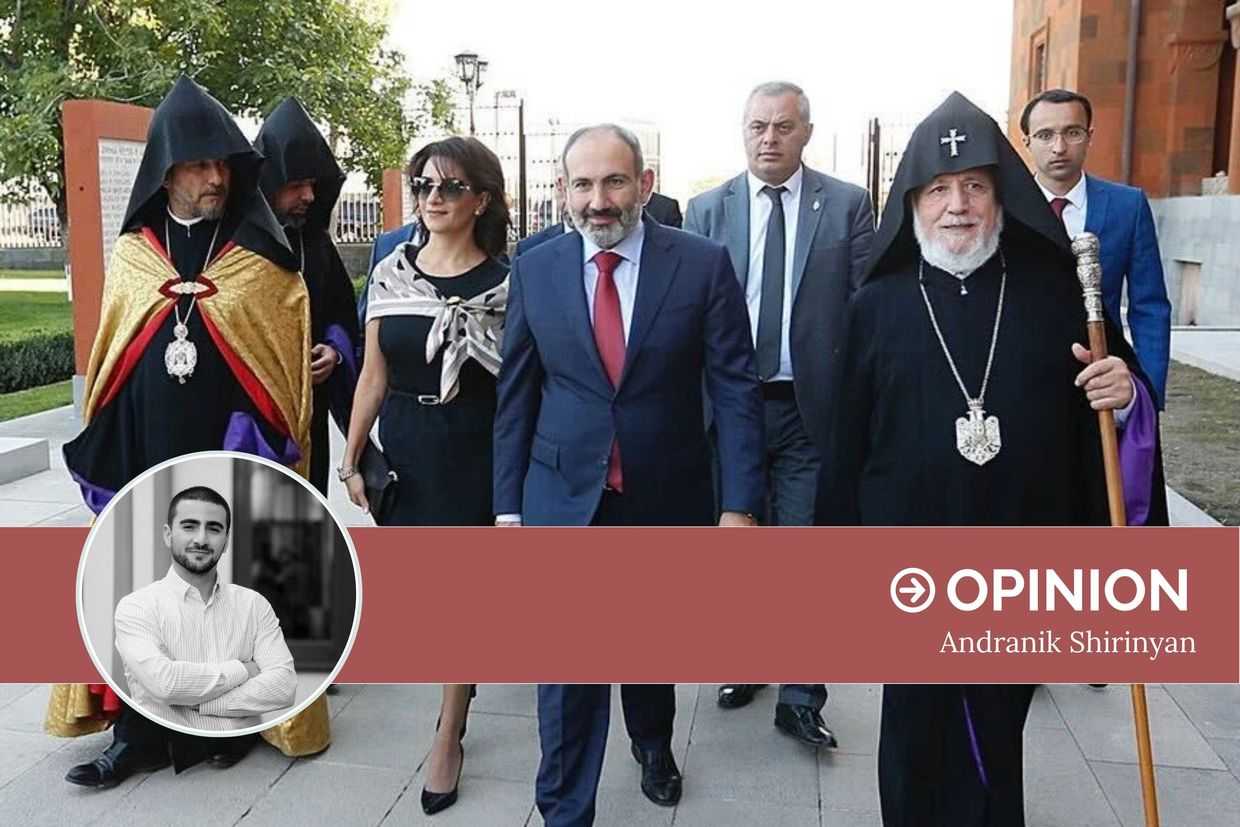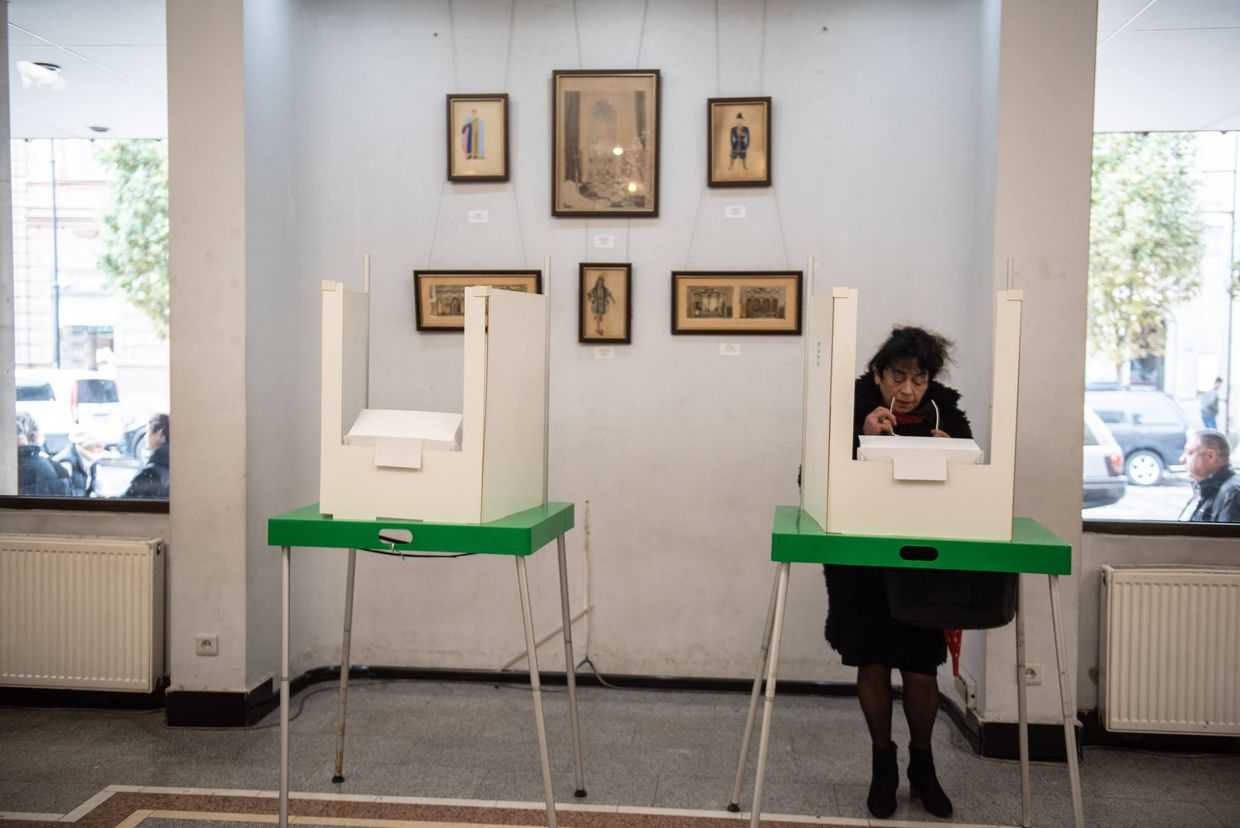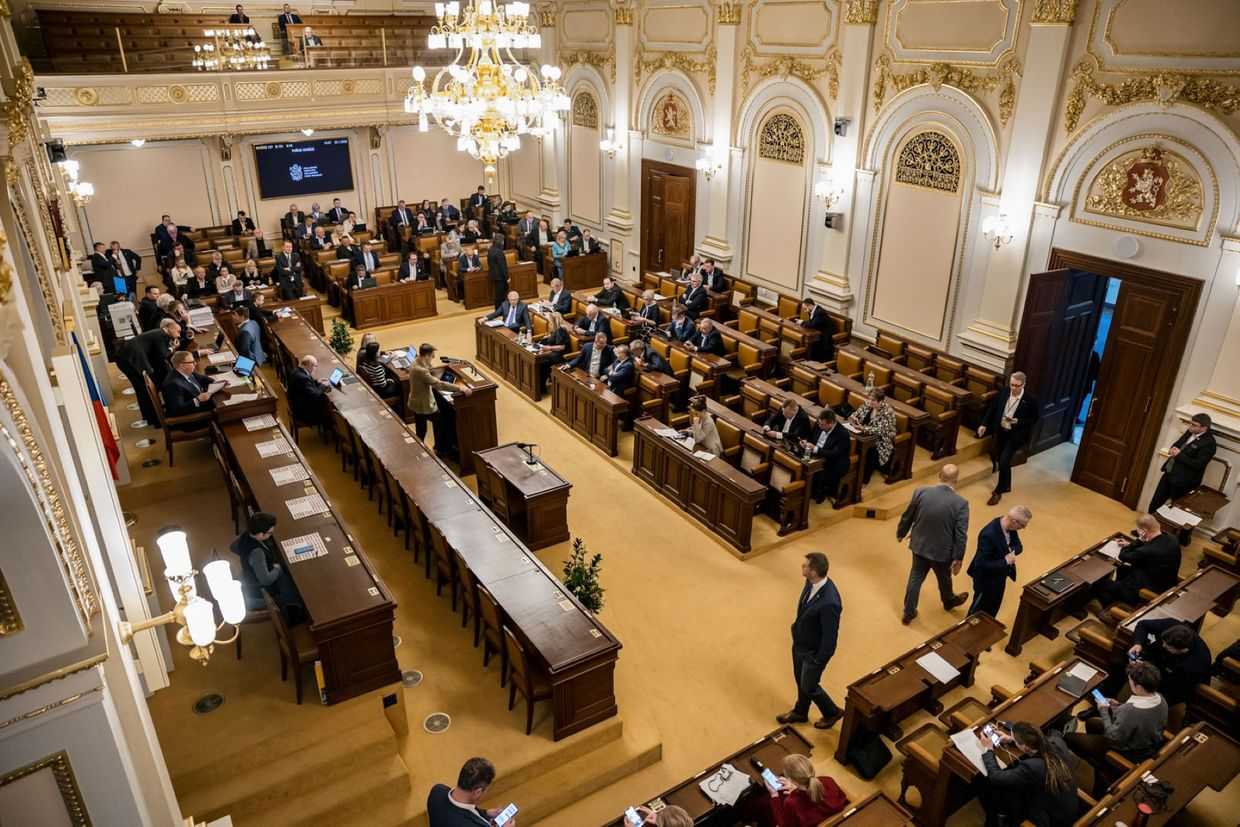
Georgia’s parliament has adopted the controversial foreign agent law in its third and final reading, amidst protests across the country.
The law was voted for on Tuesday by 84 ruling party MPs, with 30 against.
It will now go to President Salome Zourabichvili’s desk for signature within two weeks. If the President refuses to do so, as she has vowed to do, parliament will then have the power to override her veto.
During a heated session of parliament, Georgian Dream MP Dimitri Samkharadze attempted to attack opposition lawmakers, Samkharadze cursed at members of the opposition and spat in their direction, after the chair of the opposition United National Movement party, Levan Khabeishvili, accused him of orchestrating the campaign of physical attacks against government critics in recent days.
[Read more: Government critics attacked outside their homes in Georgia]
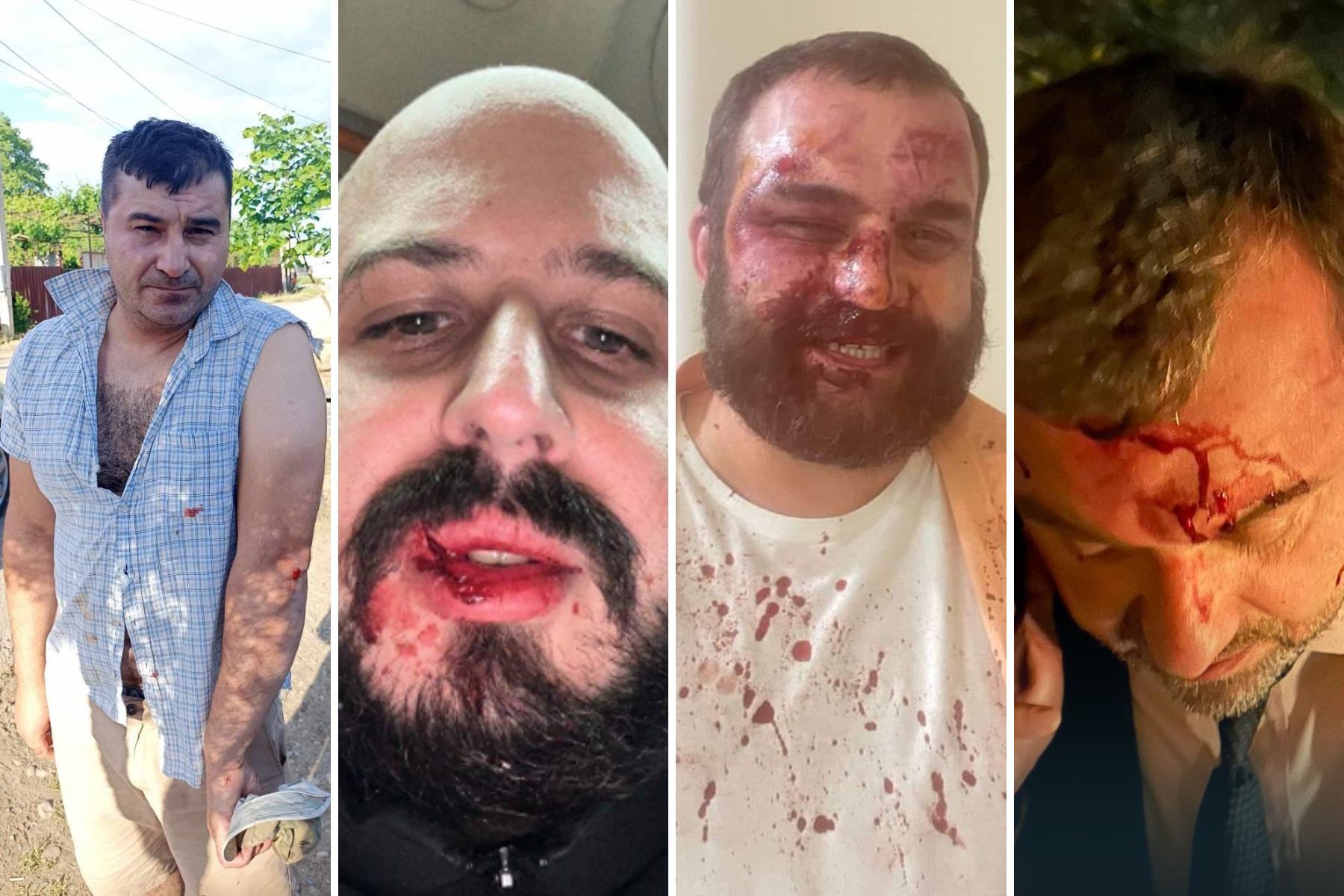
As the session was underway, thousands of protesters gathered outside the parliament building to oppose the law. Protests were also held in other towns and cities, including Zugdidi, Kutaisi, and Batumi. Tens of thousands of protesters have come to the streets for weeks against the law in some of the largest demonstrations in Georgia’s history.
During the protests, police made numerous arrests, with at least one person hospitalised.
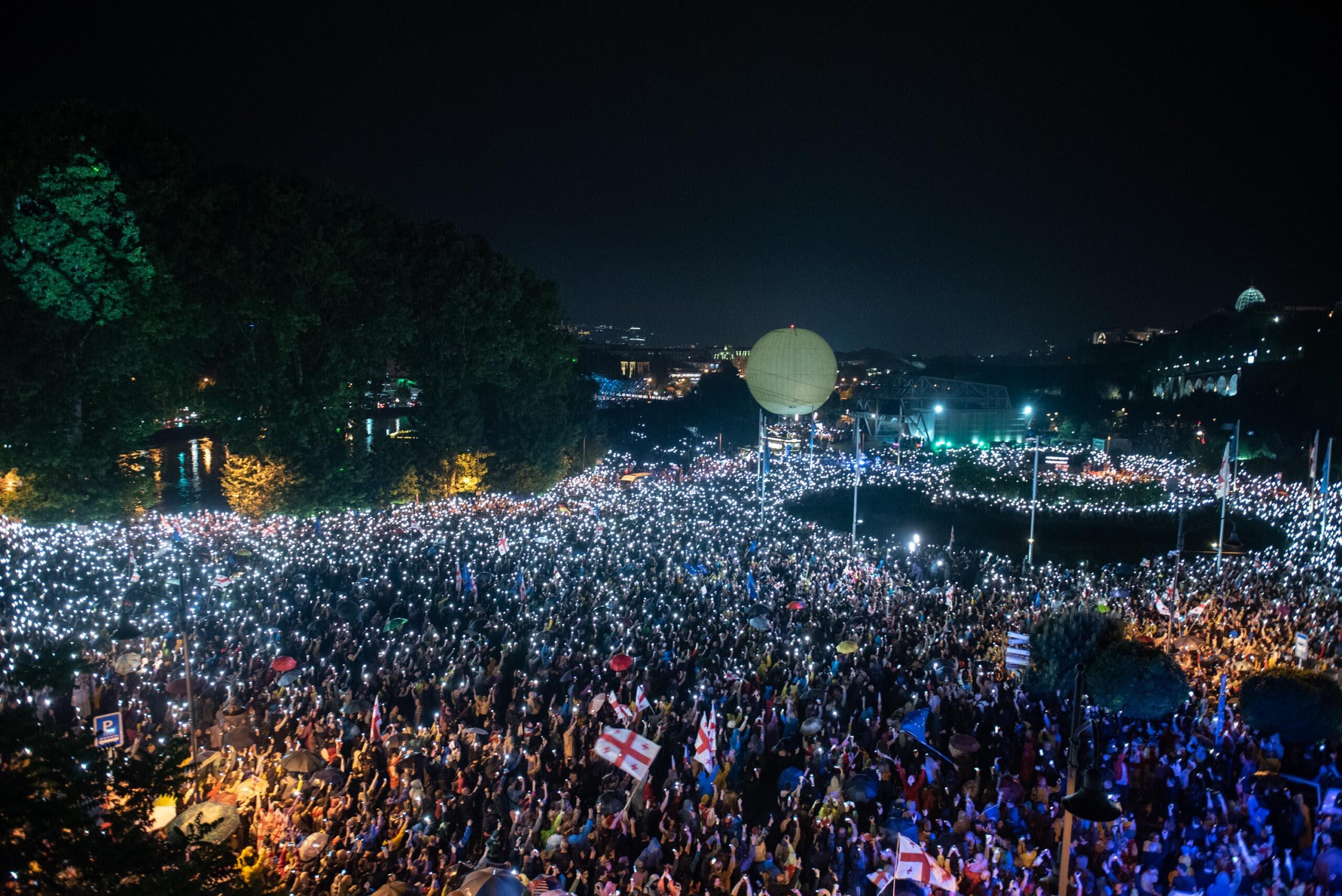
Those arrested included Lazare Grigoriadis, who spent over a year in prison following last year’s protests against the law, before being pardoned by President Zourabichvili.
News agency IPN reported that one of their photojournalists, Giorgi Zhamerashvili, was physically assaulted by police while covering the protest, while magazine Indigo said police officers stole his camera.
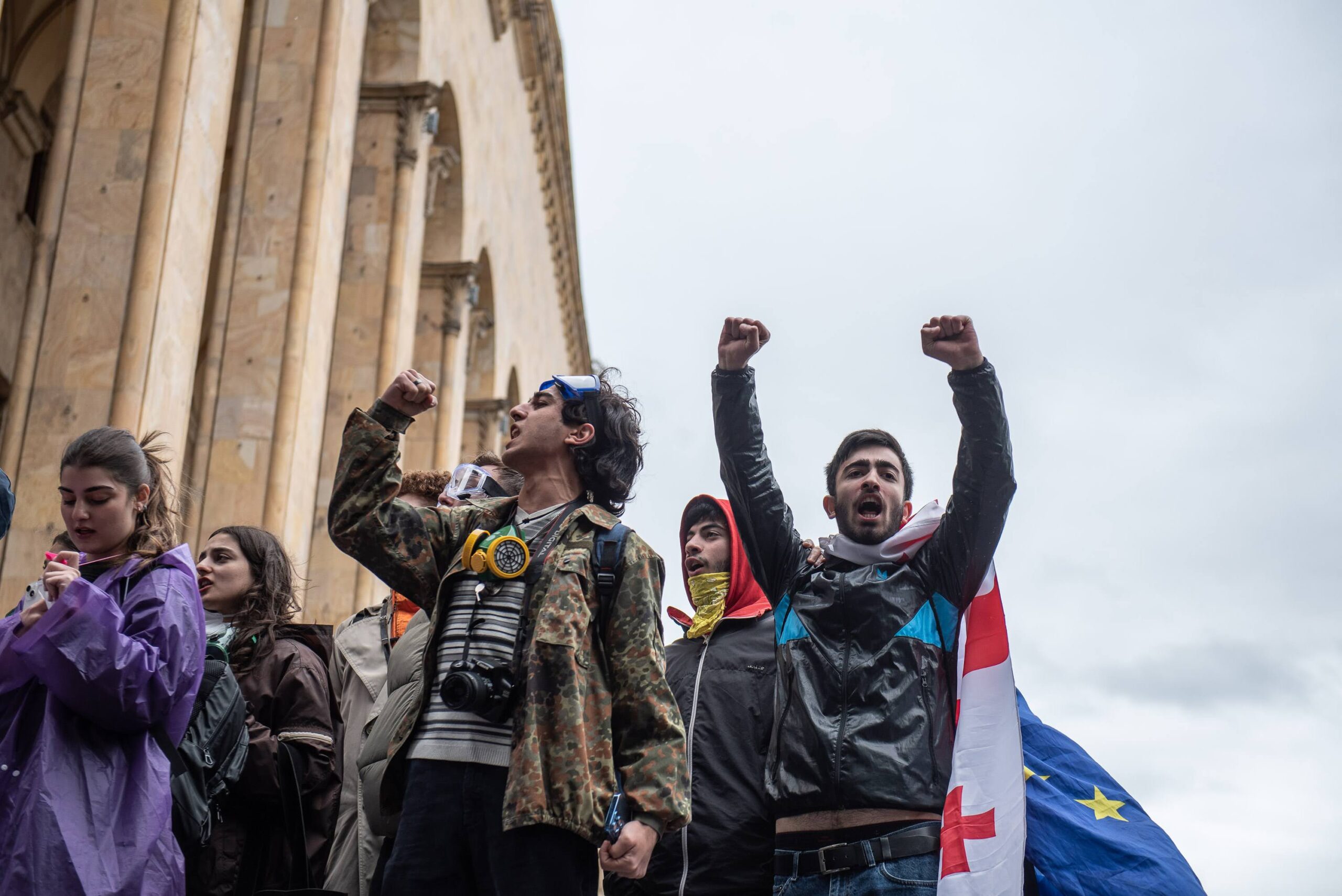
The law has been widely condemned by Georgia’s Western allies, with key EU figures insisting it will prevent Georgia from proceeding with accession talks later this year and the US threatening targetted sanctions.
After the law was passed, several opposition leaders, including Lelo founder Mamuka Khazaradze and former PM Giorgi Gakharia suggested that a pro-European coalition might be formed to oppose the government in October’s parliamentary elections.
Georgia’s foreign agent law would label any civil society or media organisation that received at least 20% of its funding from outside Georgia ‘organisations carrying out the interests of a foreign power’. Such organisations would be subject to ‘monitoring’ by the Ministry of Justice every six months, which could include forcing them to hand over internal communications and documents and confidential sources. Organisations that do not comply would be subject to large fines.
It has been widely condemned by local and international rights groups, and compared to similar legislation used to crush independent media and civil society in Russia.
Western backlash
EU figures have for weeks warned that if the law would be an obstacle to Georgia’s EU membership application. Opinion polling for over a decade has shown consistent and overwhelming support for Georgia joining the EU.
A delegation of foreign affairs committee heads from several European countries currently visiting Georgia was reportedly refused meetings with leading officials this week. During the visit, the German Parliament’s Foreign Affairs Committee head, Michael Roth, reiterated that the law would preclude Georgia from progressing on its EU membership bid.
Following the law’s passage, the White House Press Secretary said that if it came into force, it would compel the US to ‘fundamentally reassess our relationship with Georgia’.
The US Assistant Secretary of State for European and Eurasian Affairs, James O’Brien, who was also visiting Georgia, said the US would impose travel and financial sanctions against individuals involved if the foreign agent law ‘goes forward’, or if there were a continued ‘undermining of democracy or violence against peaceful protesters’.
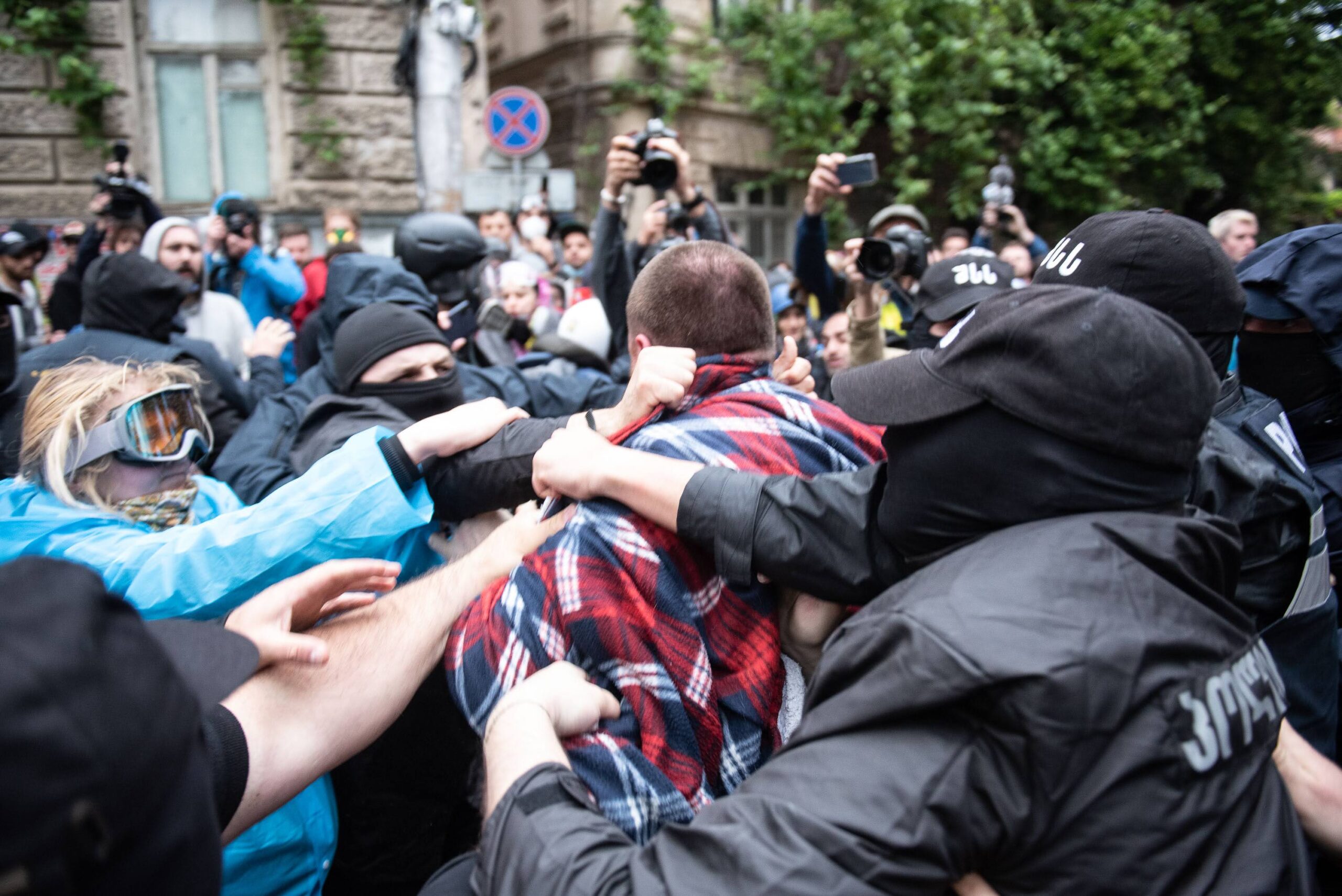
O’Brien also said he was ‘disturbed’ by Georgian officials speaking about conspiracy theories targeting the West.
‘The law was a small part of a broader conversation’, he said, ‘and the broader conversation includes comments made by leaders of Georgian Dream that there is a global war party, and that Georgia must turn away from the commitments made to the global war party, and that there is a conspiracy by the West to remove GD from office — despite 12 years of strong cooperation’.
He dismissed such conspiracy theories, saying: ‘this is like a Reddit page came to life’.
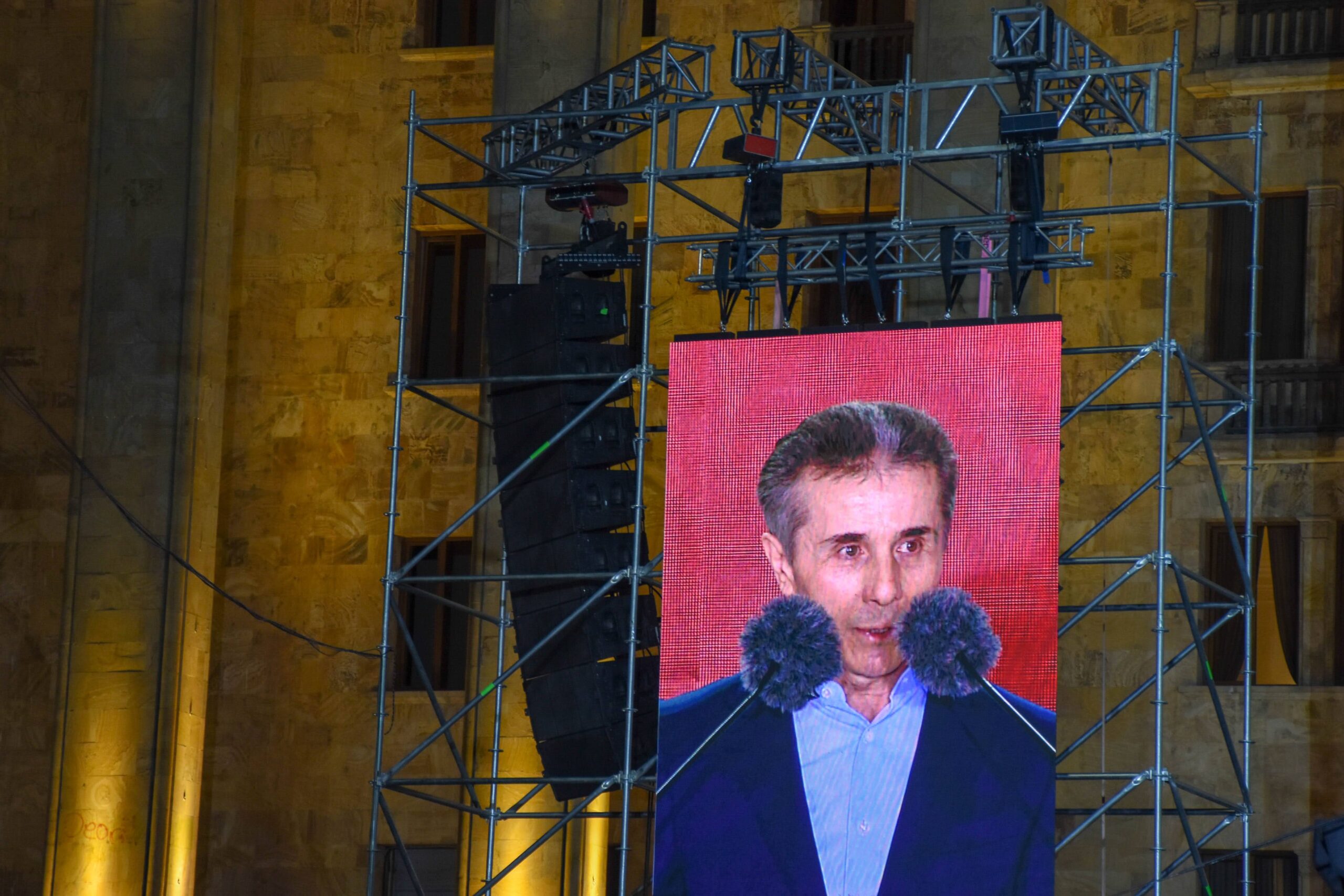
‘It is unreal, wrong, and a complete misunderstanding of the International community’s relationship with Georgia’, he added.
He cited one example of such conspiracy theories as Prime Minister Irakli Kobakhidze telling him that Georgian Dream founder Bidzina Ivanishvili would not meet him because the US had him ‘under defacto sanctions’.
‘There are no sanctions on him, at this point’, he said.
‘For such an influential individual to be this badly misinformed is both shocking and disappointing.’
He added that for the Prime Minister to say this was to ‘elevate that individual’s interest above the country’s constitutional commitment’ to joining the EU and NATO.




